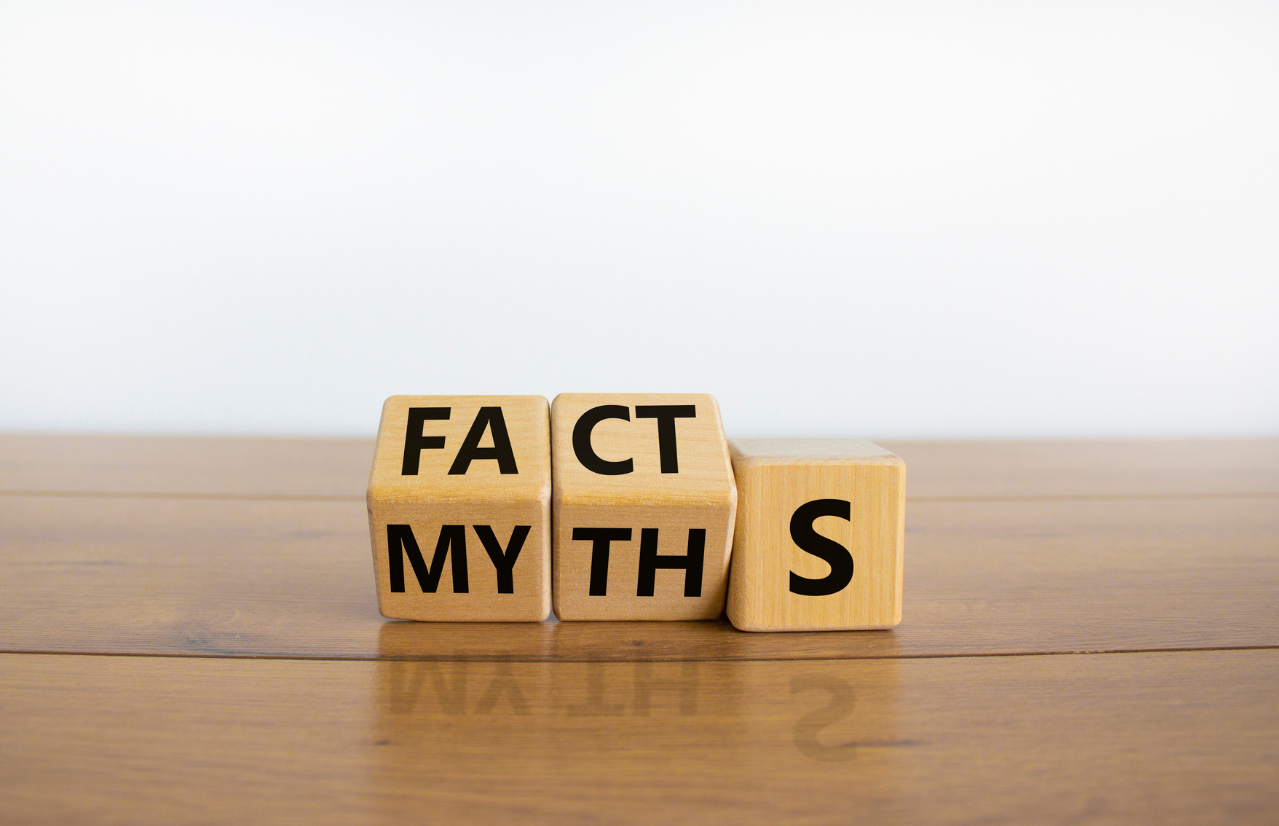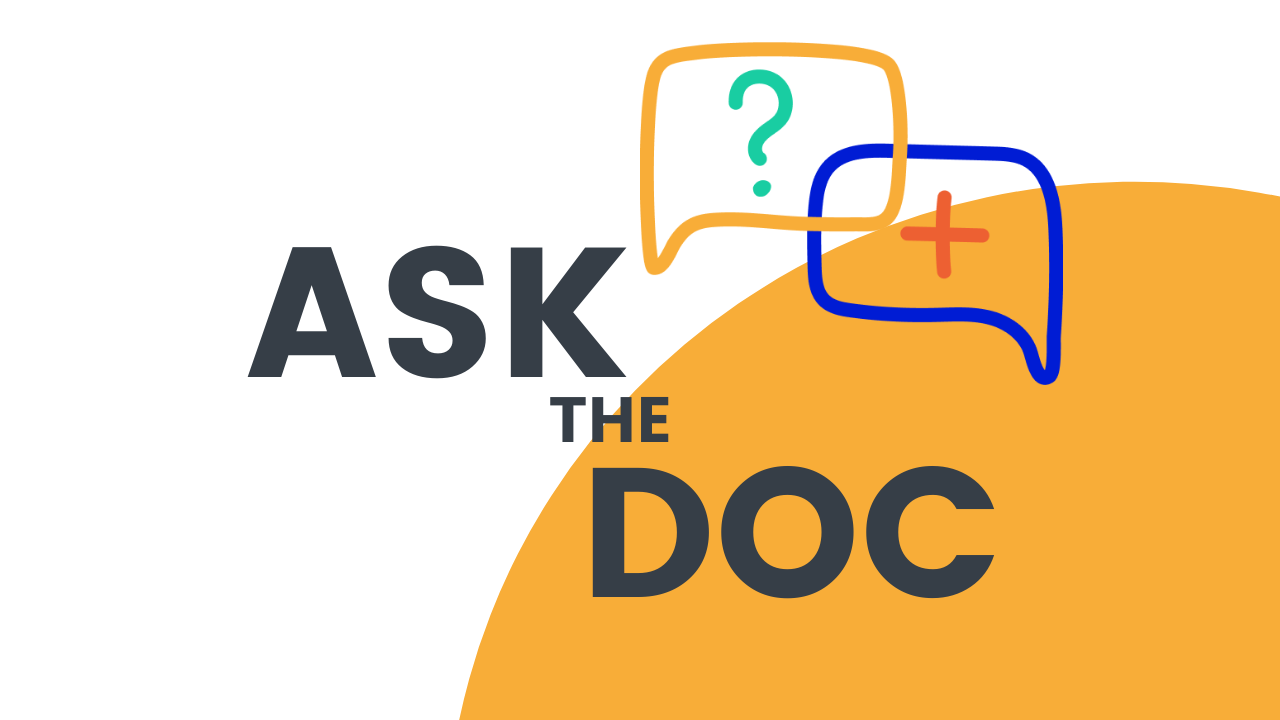- Updated Jan 2020
Hunger is your body’s way of communicating with you regarding energy levels. It’s like a car running out of fuel and needs to be refilled with gasoline. Scientifically speaking, hunger is your brain telling you that your body is low on energy and needs more fuel to keep going.
Nowadays, we have a better understanding of the interplay between our environment, our genes and their impact on our inner physiology. Some publications have proven that there are strong associations between hunger, food intake behavior, obesity and why some people find it more difficult to stop eating or may feel hungry all the time.
What is the hunger gene?
At Rightangled, one of the genes we test for, NYP2R, has been shown to interact with the appetite center within the brain, A DNA glitch in this gene affects the feeling of hunger which leads to increased food intake and subsequent weight gain. Prof Ellen Ruppel Shell, the author of 'The Hunger Gene', explained that there are more than 200 genes involved in appetite and weight regulation. A mutation, or absence, or just one of those genes can prevent you from feeling sated after eating – which keeps telling your body that eating more is a biological necessity. As a result, you might gain weight overtime because your body is constantly telling your brain that it is starving.
What is my ideal bodyweight?
One of the most important aspects of a healthy living is to find out your ideal body weight. The ideal body weight will indicate a specific number of calories that you need to consume and burn everyday to achieve your ideal body weight at a steady level. Once achieved, it is essential to maintain it through a healthy balanced diet. With the proper understanding of the genetic variations, impacting out body & weight gain management, we would be better equipped to put a smarter meal plan that works best for us; whilst knowing what the triggers are and the cellular causes for such feelings and their sequential behaviours.
What should I be eating?
Human beings are omnivores, we can technically eat anything that is edible. However, not all food is created with equal nutritional values, and different type of foods can certainly provide us with different amounts of nutrition and calorie intakes. “If you really want to lose weight and be healthy and good to your body, you have to pick something that you’re going to be able to do over the long term” says Andrea N.Giancoli, Registered Dietitian and former spokesperson for the Academy of Nutrition and Dietetics. Nutrition is a science. An understanding of calories, fat, carbohydrates, fiber, sugar and vitamins requirements as well as the need for a variety of certain food groups and having a personal and balanced diet plan, will certainly empower you to make better food choices, as you come to realise that what you are eating now and tomorrow is matching the biological processes in your system and is helping you get on the right track towards your ideal weight.
Today, you can find personalised workouts, fitness guides and nutrition plans through social media and other platforms. Having said that, the pitfall of most fad diets is carbohydrate cravings or just too few calories. You get hungry and feel like you’ve blown the diet, but it’s the diet that has failed you. The answers for this contradiction could lie in your genetics.
DNA test for Weight Loss?
By taking a DNA test, with a simple cheek swab, you can uncover a plethora of information that can help put you on the right track and nudge you with the first step towards a healthier nutrition plan that suits you best. To find out more about our tests - click here





Share:
What are the Benefits of Your Daily Cup of Coffee?
What to Know About Lactose Intolerance